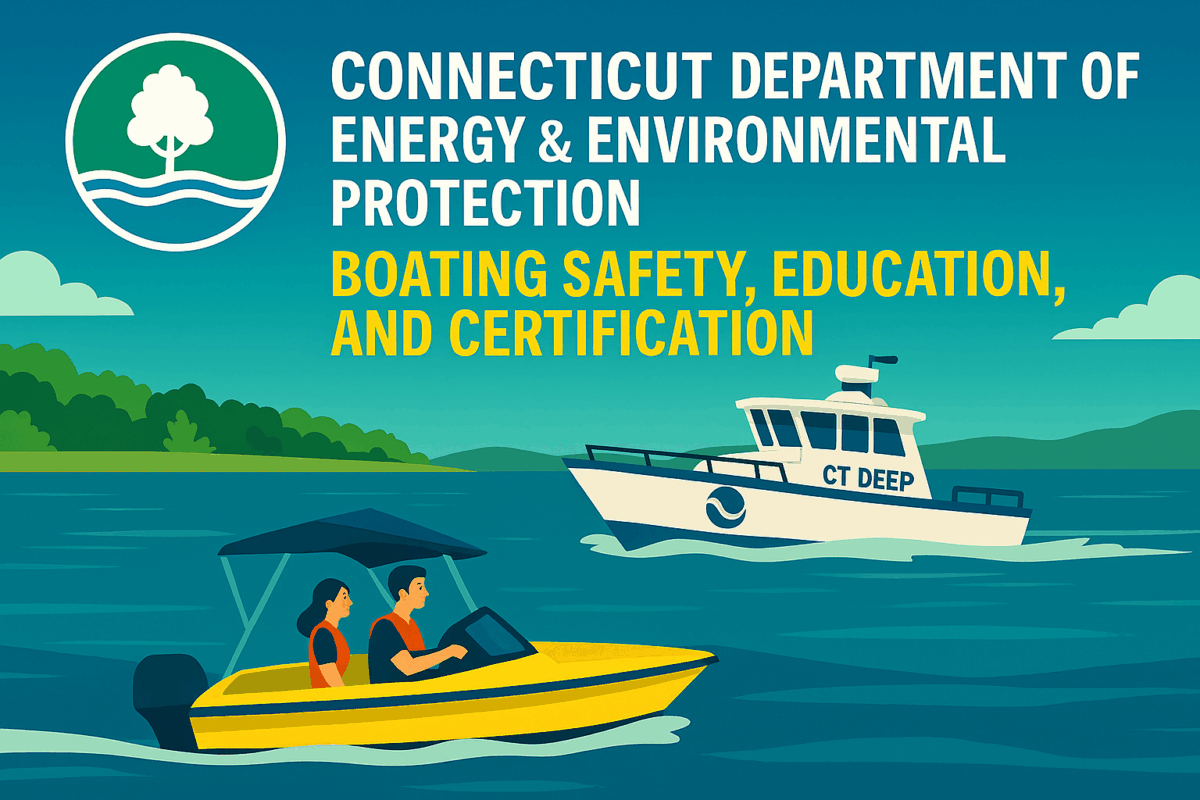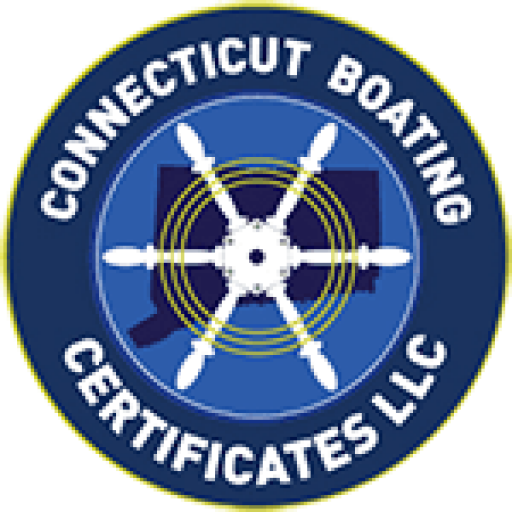Call: 1-800-832-7191

CT DEEP Weather Tides Streamflows
CT DEEP Weather Tides Streamflows: A Vital Resource for Connecticut Boaters
Boaters rely on CT DEEP Weather Tides Streamflows to plan safe and enjoyable outings across Connecticut’s waters. Because conditions change quickly, accurate forecasts and streamflow data are essential. DEEP provides real-time updates on tides, marine weather, and river flows through its online portal.
Plan Ahead with Reliable Forecasts
Before launching, check marine forecasts for wind, waves, and visibility. Although conditions may seem calm, sudden changes can occur. Therefore, DEEP’s site includes NOAA marine forecasts for Long Island Sound and coastal areas. Additionally, boaters can view sunrise and sunset times to plan trips more effectively. These tools help reduce risk and improve trip timing.
Monitor Tides and Currents
Tide predictions are available for key locations like Saybrook Point and New Haven Harbor. Because tides affect docking, launching, and navigation, reviewing this data is crucial. Moreover, DEEP links to NOAA’s Tides and Currents portal for detailed charts. Boaters should also consider current strength and direction, especially when operating in narrow channels or near inlets.
CT DEEP Weather Tides Streamflows: Streamflow Data for Inland Boaters
The page includes streamflow data from the USGS. These readings show water levels and flow rates across Connecticut’s rivers. Consequently, paddlers and anglers can avoid hazardous conditions or low water levels. DEEP also provides streamflow classifications to guide dam releases and protect aquatic ecosystems. These standards balance recreation, ecology, and public safety.
Stay Safe and Informed
Boaters must stay alert to watches, warnings, and advisories. DEEP’s portal displays active alerts from the National Weather Service. Because storms and high winds can develop quickly, checking updates before and during trips is wise. In addition, DEEP encourages users to report unusual conditions or hazards. This feedback helps improve safety and resource management statewide.
